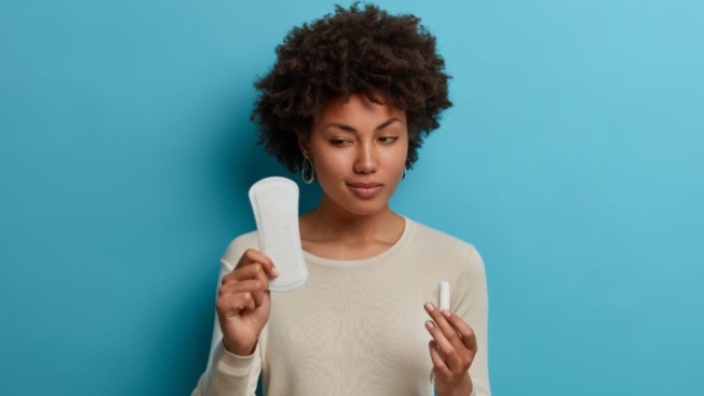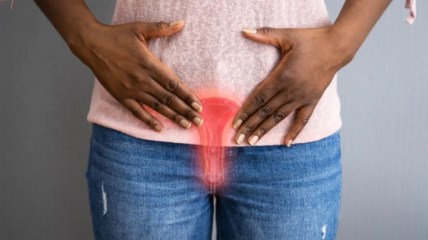Gynecologist Guide: Period products you should know about
These days there are more options for a woman's menstrual cycle needs than ever. So what's a girl to choose?
By a certain age, most women are familiar with tampons or pads. These days, there are even more options for a woman’s menstrual cycle needs. From tampons and pads to menstrual cups, discs and period panties, what’s a girl to choose?
Menstrual cups and discs are some of the newer menstrual products now available for period needs. These are latex or silicone devices that collect menstrual blood, as opposed to absorbing it. They can stay in for up to 12 hours.
Cups can be sanitized and reused for up to 10 years. Talk about eco-friendly and cost-effective! This can be a great option for women who want to avoid environmental waste or want to avoid changing too frequently. Discs are smaller and cannot be reused.

Don’t let the small size fool you. Discs are up to the task of handling a heavy flow for several hours. Unlike the other options, you can have sex with the disc in place, and some reports suggest it may improve menstrual pain. Users have to be comfortable with insertion and removal, but it’s easy to get the hang of it.
Another period product newcomer is absorbent underwear. Designed to let you do all your normal daily activities without worrying about leaks, odor or bulkiness, this underwear has extra layers in place to collect menstrual blood. Compared to some of the other options, top underwears made from bamboo have a higher price point. However, they are washable and reusable.
The O.G. of feminine products is the menstrual pad. Originally known as the sanitary napkin, it is designed to attach inside your underwear and absorb menstrual blood. It is easy to use but can be bulky, irritating or lead to leaks if it slides out of place.

Another oldie but goodie is the tampon. It remains a popular option for women who desire something more comfortable and discreet. Like pads, they work by absorbing menstrual blood. The benefits of using tampons are the compact size of packaging, less mess and improved comfort. However, it can take practice getting used to placement for newbies.
Many companies are now marketing organic pads and tampons as a “better” option for women to avoid potentially harmful toxins and chemicals. But is this actually true? Traditional tampons are made of cotton, rayon or a blend of the two. These products undergo a purification process to increase absorbency. On the other hand, organic tampons are made of just one ingredient: 100% organic cotton. This generally means they are free of pesticides and other chemicals.
So, does this mean that organic products are safer? Not necessarily. There is no scientific evidence to suggest that organic products are safer than traditional. Tampons and pads are considered medical devices, so they are regulated by the FDA. Through this regulation, the FDA ensures that the menstrual products on our shelves are free of dangerous chemicals and toxins.
When it comes to organic vs traditional products, I recommend choosing a tampon or pad based on your own preferences. If you tend to prefer organic products in your life, the choice to do so with menstrual products is a great option. However, it is perfectly safe to continue the use of traditional products.
So, what does a gynecologist recommend you use during your cycle? Whatever you want! Whether it is a traditional tampon or new-school period panties, do what’s right for you.

Dr. Renita White is a board-certified obstetrician/gynecologist and women’s health expert. She currently practices at Georgia Obstetrics and Gynecology in Atlanta, Georgia. She earned her undergraduate degree at Duke University. She then went on to serve as a Congressional Hunger Fellow, where she focused on the impact of nutrition and food disparities on chronic illness. She earned her medical degree at The Ohio State University. She then moved back to her home state of Georgia to do her residency in obstetrics and gynecology at Emory University. She cares for women all over the metro Atlanta area. Dr. White is the co-host of Cradle and All, a podcast about pregnancy, motherhood, and womanhood. In her spare time, she enjoys traveling and spending time with her husband and two sons. You can follow her on Instagram at @renitawhitemd.
Have you subscribed to theGrio podcasts “Dear Culture” or “Acting Up?” Download our newest episodes now!
TheGrio is now on Apple TV, Amazon Fire and Roku. Download theGrio.com today!

